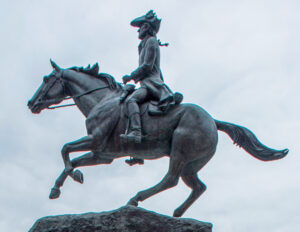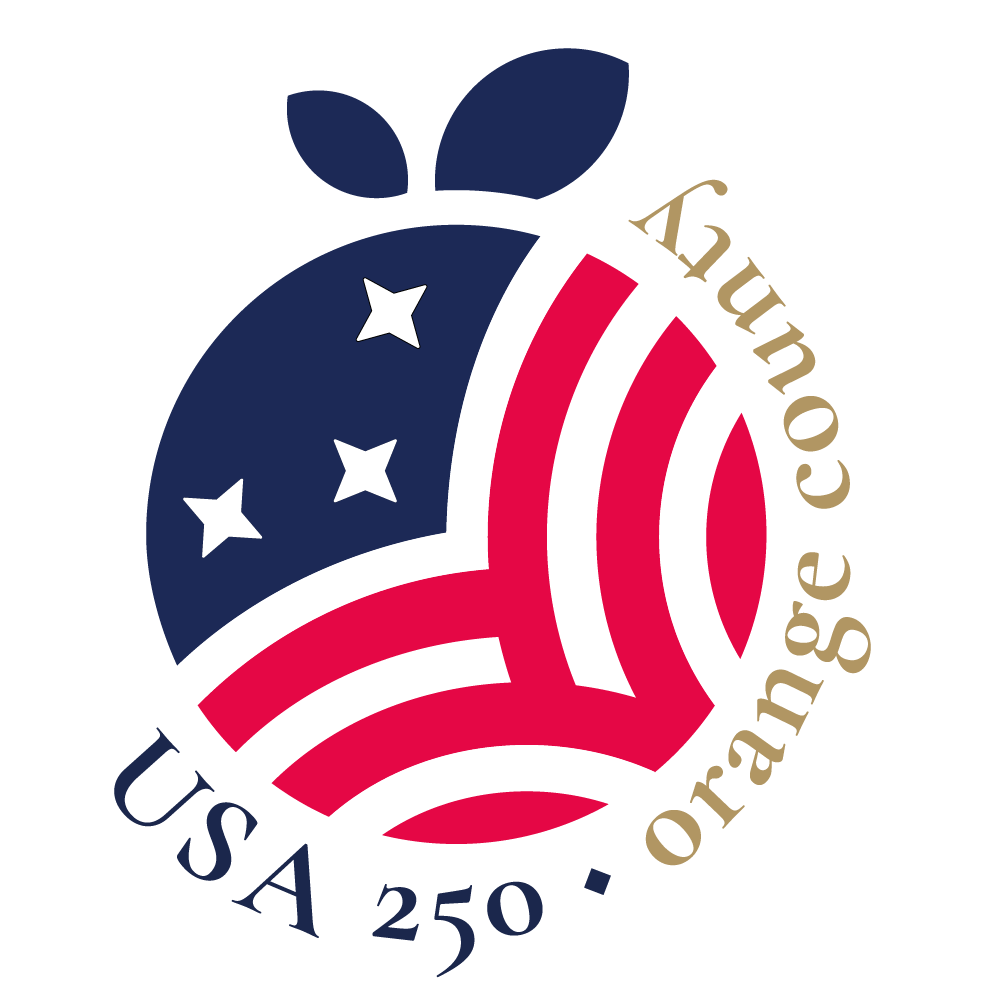
On July 3, 1776, when future President John Adams wrote a letter to his wife, Abigail, about how Americans would celebrate Independence Day, he got it right. Well, almost right.
He wrote that it would be the most “epocha” day in the history of America, the “great anniversary festival,” and the “day of deliverance.” It would be celebrated with “pomp and parade, shows, games, sports, guns, bonfires and illuminations [fireworks]” and “acts of devotion to God Almighty” from “this time forward forever more.” The only problem was that he got the day wrong – at least about the day we would celebrate.
Adams assumed July 2 would be the national day of celebration because that was the day the Continental Congress actually voted for independence. It happened like this.
A month earlier, Virginia’s Richard Henry Lee had introduced a resolution that the thirteen British colonies in North America ought to be free and independent states and that all political connections between the colonies and Great Britain ought to be dissolved. However, war between the two had already begun a year ago at Lexington, Concord and Breed’s Hill. But even now the vote for independence was still uncertain.
On July 1, a “straw vote” revealed nine colonies in favor of independence, two opposed, one abstention, and one “divided.” New York abstained because its delegates had not received instructions from Albany about how to vote. South Carolina and Pennsylvania voted “no,” but it had become increasingly clear that they might reverse their position when the final vote would be taken. Congress had agreed the vote must be a unanimous vote of the states, so the one “divided,” Delaware, was critical.
The small colony had sent three delegates to the Congress; a majority of them to decide how to cast the colony’s single vote. Thomas McKean supported independence; George Read would vote “no;” and Caesar Rodney was absent, called home several days earlier to address a pressing local issue. But now, at this critical stage, the “Delaware deadlock” had to be broken.
McLean left the meeting, crossed the street to the headquarters of a private messenger service, and hired an express rider to deliver a message to Rodney; his presence was urgently needed the next day, July 2, when the vote on independence was scheduled for early afternoon.
Awakened in the hours just after midnight, Rodney read the note from McLean, ordered his groom to prepare his horse, wrapped a green silk cloth around the painful cancerous sore on his face, and set out for the eighty-mile journey from Dover to Philadelphia. Difficult in good weather, the lack of bridges over swollen streams and rivers cresting under a driving rain, mud-soaked open fields, and dense forests made the historic ride even more treacherous. Nevertheless, Rodney arrived in Philadelphia with only moments to spare.
John Hancock, President of the Congress, was aware of McKean’s efforts to secure Rodney, and delayed the vote as long as possible by focusing on routine business, but time was running out. Finally, a lone rider, his riding clothes and boots soaked and splattered with mud, took his seat and was greeted by his friend whose only words were, “Thank God you’re here.”
When the roll call of the colonies came to Delaware, McKean voted “yes;” Read voted “no;” and Rodney, still holding his riding crop, voted “yes,” sealing the vote for independence.
Two days later, Rodney wrote to his brother Thomas, “I arrived in Congress, though detained by thunder and rain in time to give my voice in the matter of independence…We have now got through the whole of the declaration and ordered it to be printed so that you will soon have the pleasure of reading it.”
So why do we celebrate July 4 instead of July 2? Rodney’s letter provides the clue, simply because on July 4 Congress formally adopted the language of the Declaration of Independence.
As for Rodney, he helped defend Delaware during the Revolutionary War as a Brigadier General, became governor of Delaware and is memorialized on the Delaware State Quarter, which might be in your pocket as you read this. Remember, his one vote made all the difference.
